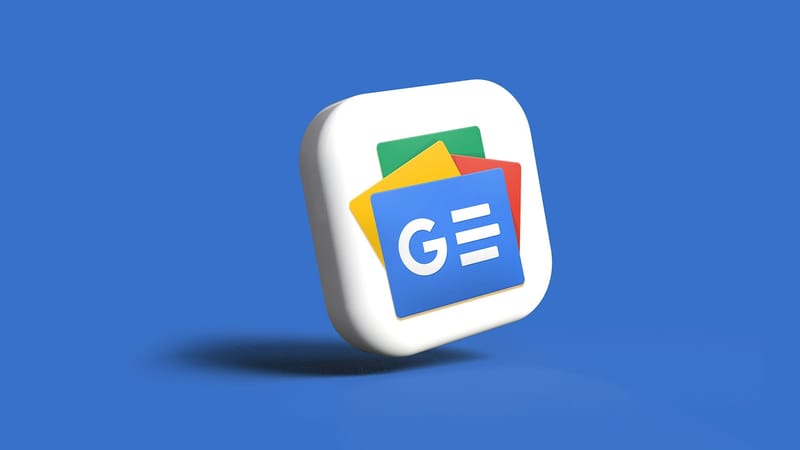Google’s AI Month: Quantum Speed, Cancer Clues, and a New Boss at Work
In a month already crowded with AI headlines, Google dropped a trifecta of announcements in October that aimed to remind everyone: it’s still very much in the game.

From workplace AI platforms to quantum supremacy claims and even a potential cancer therapy breakthrough, the company pulled the curtain back on where it thinks artificial intelligence is headed—and where it wants to lead.
Gemini wants to run your office
First up: Gemini Enterprise. This isn’t just another productivity tool with AI stickers slapped on it. Google is pitching Gemini as the AI gateway for the entire enterprise stack. Think of it as a secure, centrally managed platform where companies can build, deploy, and monitor AI agents without handing over their lunch money—or data.
“This secure platform helps employees build, deploy and centrally govern AI agents,” said CEO Sundar Pichai in the official announcement. Early users like HCA Healthcare and Best Buy are already testing its chops. If Gemini delivers, it could shift AI from being a fragmented add-on to a core IT layer—one with Google branding stamped all over it.
And yes, this means Gemini is gunning for Microsoft's Copilot and OpenAI’s growing workplace presence.
AI for cancer detection? Maybe.
Beyond boardrooms and Slack channels, Google also wants its AI doing serious science. A new collaboration between Google DeepMind, Google Research, and Yale University has produced an AI model with a name only a bioinformatician could love: Cell2Sentence-Scale.
The model is designed to help the immune system identify tumors more easily—essentially rewriting how cells are described at the molecular level to better spotlight threats. It’s not a treatment, and it’s far from clinical use, but researchers say it could open a new pathway in immunotherapy. It’s the kind of bet that turns AI hype into biotech breakthroughs—if the science holds.
Quantum Echoes: Google's speed flex
And then there’s Quantum Echoes, a quantum computing algorithm that reportedly performed a calculation 13,000 times faster than classical supercomputers. Google calls it a “verifiable quantum advantage,” which in quantum computing terms is like finally proving you can outrun a jet engine on foot—and live to tell about it.
The algorithm’s edge lies in its ability to simulate complex systems, which could be huge for fields like drug development and materials science. But don’t expect this to change your Gmail anytime soon. It’s a long-haul moonshot that signals Google’s not just chasing AI models—it's still deep in the quantum rabbit hole.
The long game
Related reading
- Google rolls out Gemini 3 Flash and expands AI features across apps in December update
- Google takes scraper to court, escalating the fight over who owns the web
- Alphabet’s $4.75bn Intersect deal shows AI race is now a power and concrete problem
Google’s AI moonshots are stitched together by one theme: control. In the enterprise, in the lab, even in the quantum future—it’s about building infrastructure that locks AI deeper into the fabric of Google’s platforms.
Sure, these announcements are polished and hopeful, and yeah, they arrive in a year when everyone from Amazon to Anthropic is throwing billions at their own versions of the future. But for Google, the message is consistent: AI isn’t a product. It’s the next OS. And Google still wants root access.






